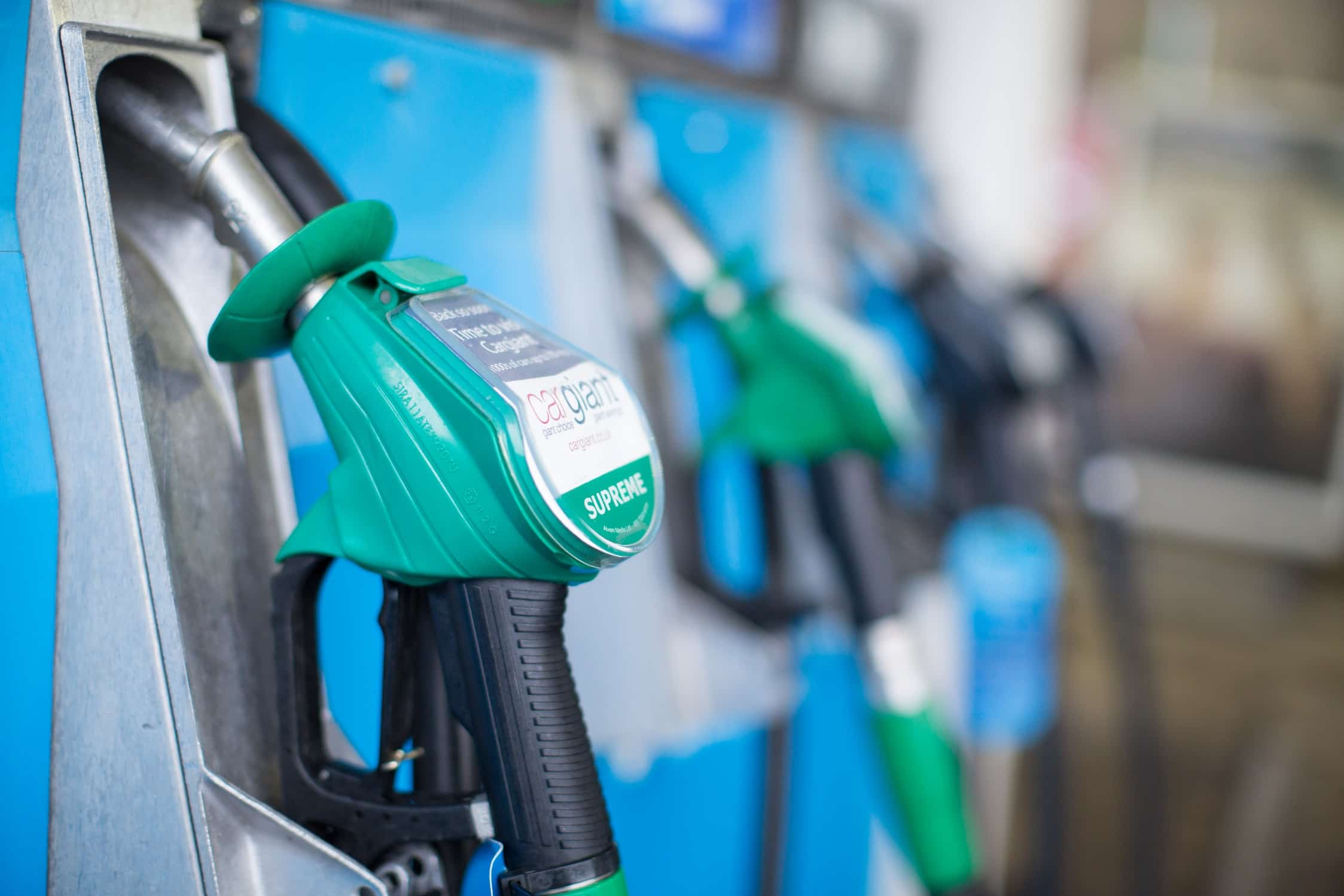For years there has been a battle at the pumps between petrol and diesel. Which is more economical? Which offers the best performance? Is diesel a more comfortable ride than petrol or vice-versa? The list goes on.

For years there has been a battle at the pumps between petrol and diesel. Which is more economical? Which offers the best performance? Is diesel a more comfortable ride than petrol or vice-versa? The list goes on.
Now, with the average consumer being more aware of the effects that fossil fuels are having on our environment, we are beginning to see an increase in hybrid and electric cars on our roads. No longer are they the reserve of environmentally conscious celebrities trying to create an image, nearly all car manufacturers are offering some form of hybrid or electric car for everyday buyers.
With that in mind, are hybrid and electric cars going to be making more of an appearance across forecourts and car sales pitches? Or are petrol and diesel cars still going to be the staple amongst consumers.
In this article, we look at the advantages and disadvantages of all the fuel types and see how they stack up.
If you want to find out how much your petrol or diesel car is costing you in fuel, use our petrol price index tool to work out the cost and in which country fuel prices are cheapest.
PETROL
Advantages
- Cheap to buy
- Cheap to repair
- Good for lower miles or urban driving
- Tax and toll rebates for driving a petrol car in bigger cities
Disadvantages
- Lower fuel economy
- Depreciates quickly
- Lacks the torque that diesel engines enjoy
- Higher levels of CO2 emissions
DIESEL
Advantages
- Good fuel economy if travelling hundreds of miles a week
- Lower tax prices due to low CO2 emissions
- Offers more low-speed torque, meaning they are good for towing or on motorways
- Low depreciation
Disadvantages
- Expensive to buy and maintain
- Emit harmful particles into the air
- Less refined than petrol engines
HYBRID
Advantages
- Improves fuel economy by around 20%-25% compared to conventional fuel alternatives
- Reduced tailpipe emissions
- Good for urban conditions because the battery recoups energy lost by braking
- Low or zero road tax
- Low depreciation
- Quiet engine
- Exempt from the London Congestion Charge
- Although the purchase price is high, this is offset by low running costs
Disadvantages
- Not good for long-distance driving, such as on motorways, this is because at constant high power the fuel efficiency of the engine is reduced.
- Lacks in performance compared to diesel and petrol cars
ELECTRIC
Advantages
- Significantly cleaner than other fuel options, offering no tailpipe emissions at all
- No road tax
- Company car tax rates are also the lowest available
- Minimal fuel costs
- CO2 emissions are much lower than fossil fuel burning machines
- Lower impact on surrounding air quality-green rating is only going to get better
- Able to charge the car at home, work, family or friends
Disadvantages
- Most electric vehicles batteries have a range of about 100miles before they have to be recharged, so they’re not well suited to longer journeys
- Lower battery life in the winter, due to the need for lights and heating
- Take a long time to recharge
- There are some safety concerns because they are so quiet at low speeds

As you can see there are positives and negatives to all the fuel types, but with consumers becoming more environmentally concerned and with electric and hybrid cars becoming increasingly competitive and available will we see them dominate the forecourts and showrooms, or will there always be a place for the conventional petrol and diesel engine?







